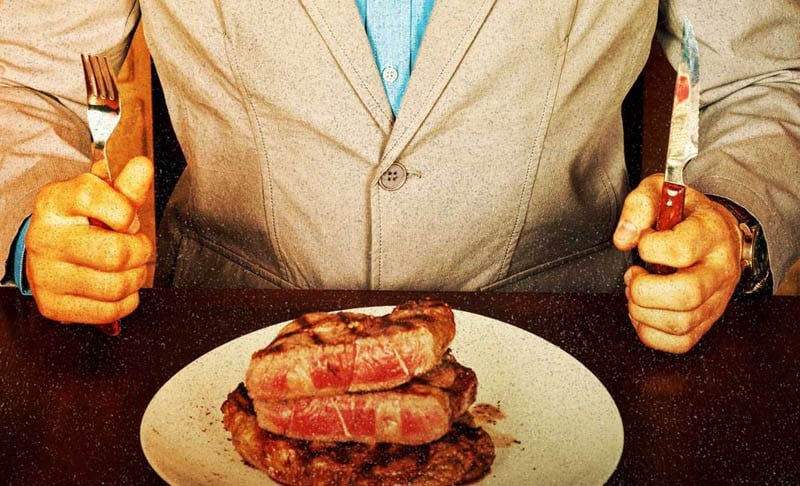
Can a tax on red meat offset its detrimental effects?

Dear All,
In 2015, the World Health Organisation (WHO) declared processed red meat to be a carcinogen, and unprocessed red meat such as steak and chops to be a ‘probable carcinogen’. The link between red meat and ill-health is, of course, not new -- it has long been known that eating large amounts of red meat is connected to diabetes, heart disease and strokes, but the WHO categorisation of it as a carcinogen has led to an evaluation of the actual cost to society of consuming it.
People generally loathe ‘nanny’ guidelines and controls such as taxes on alcohol or tobacco or sugary food, but the truth is that individuals who consume these can often become an economic liability to societies, particularly those with publicly funded healthcare systems as is the case in Britain. Medical researchers at Oxford University say that a meat tax could not only save thousands of lives but also offset the costs incurred in the hospital and medical treatment of individuals who have opted to eat carcinogenic meats despite warnings. These researchers estimate that a meat tax could save up to 6,000 deaths a year in the UK, and an estimated 220,000 lives globally by 2020.
The tax would obviously push up the cost of burgers, sausages, steak and other meat products considerably. In fact, in the case of processed meat, this would increase the cost of processed meat by a whopping 70 per cent. So is this fair to people who have grown up in a culture where fried sausages and rashers are an integral part of what is called a ‘full English breakfast’? Well, it is more than fair if these people choose to eat recklessly yet expect the rest of society to foot their medical bills. Obviously this is a huge change and is going to take some time to get used to but it will probably give the desired results. I, for example, am a huge fan of mutton tikka skewered with pieces of thick juicy fat but obviously will have this infrequently if it becomes a very expensive food.
There will be resistance. Of course there will be. People will feel very hard done by when the prices of their traditional foods is hiked up. According to one estimate, for example, in Germany to recover the health costs of eating it there, processed meat would need to be taxed at 166 per cent. But according to the Oxford study a meat tax could prevent (globally) some 3,800 deaths related to obesity. So, all in all, it would improve public health and subsidise healthcare effectively.
A tax on meat would be what is called another ‘sin tax’ -- a tax on the consumption of something that harms not only yourself but rest of the society as well. Other sin taxes are those on cigarettes, alcohol and, most recently, sugar.
Apart from the direct medical benefit of taxing meat there are also environmental benefits. According to The Guardian, "Meat eating is damaging the planet… In October scientists reported that huge reductions in meat eating are essential to avoid dangerous climate change, including a 90 per cent drop in beef consumption in western nations."
It’s a whole new world but this sort of holistic approach to food, health and money seems to make a lot of sense. Of course saying goodbye to the juicy steaks, sizzling chops, tikka botis and nehari is quite another matter. But hopefully we will adapt. And evolve…
Best wishes,